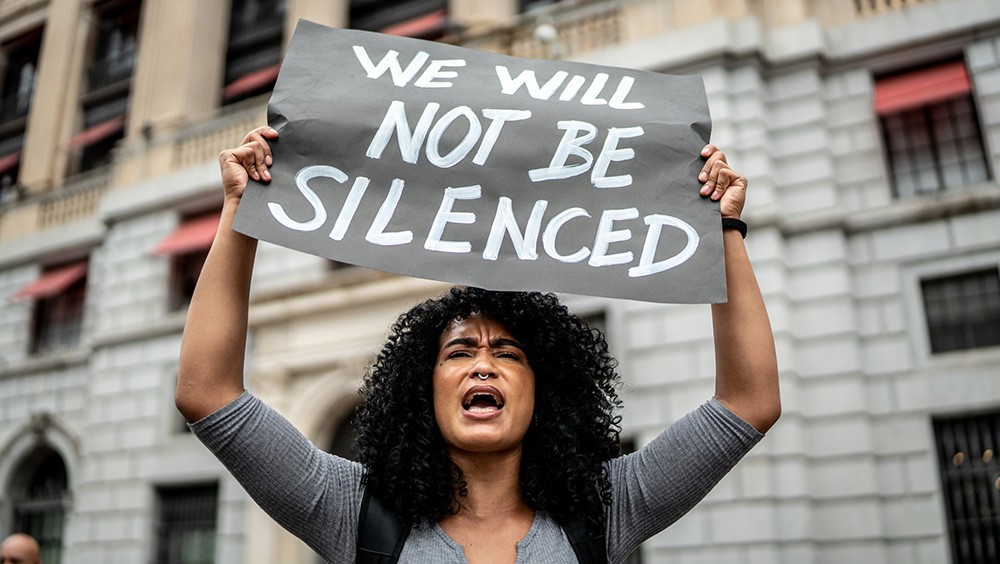Reference



OpenAI's Answer
Content-neutral restrictions on speech in public forums can significantly impact freedom of speech, particularly regarding how and when individuals can express their views. These restrictions apply to speech without regard to the content or viewpoint being expressed, which distinguishes them from content-based restrictions that target specific ideas or messages.
-
Definition and Scope: Content-neutral restrictions are designed to manage the time, place, and manner of speech rather than its content. For example, a city may impose regulations on the hours during which public demonstrations can occur without infringing on the specific ideas being shared (source: First Amendment Encyclopedia).
-
Legal Framework: In public forums, such as parks or sidewalks, the government can impose content-neutral restrictions as long as they are reasonable and serve a significant government interest. These restrictions must also allow for ample alternative channels for communication (source: Cornell Law School).
-
Impact on Speech: While content-neutral restrictions are intended to balance the need for public order with the protection of free speech, they can still burden expression. For instance, if a city enforces strict noise ordinances that limit speech during certain hours, this could inhibit individuals from effectively communicating their messages, especially in protest situations (source: Foundations of Law).
-
Judicial Scrutiny: Courts typically apply intermediate scrutiny to evaluate content-neutral restrictions, meaning these regulations must further an important government interest and must not burden more speech than necessary (source: Duke Law Journal).
-
Examples and Case Law: Examples of content-neutral restrictions include regulations on the size of signs in public protests or rules regarding the distribution of literature in certain public areas. Courts have upheld such regulations as long as they are applied evenly and do not discriminate against specific viewpoints (source: First Amendment MTSU).
In conclusion, while content-neutral restrictions aim to preserve public order and safety, they can still have a profound effect on the ability of individuals to engage in free expression within public forums. Balancing these interests remains a critical issue in First Amendment jurisprudence.
